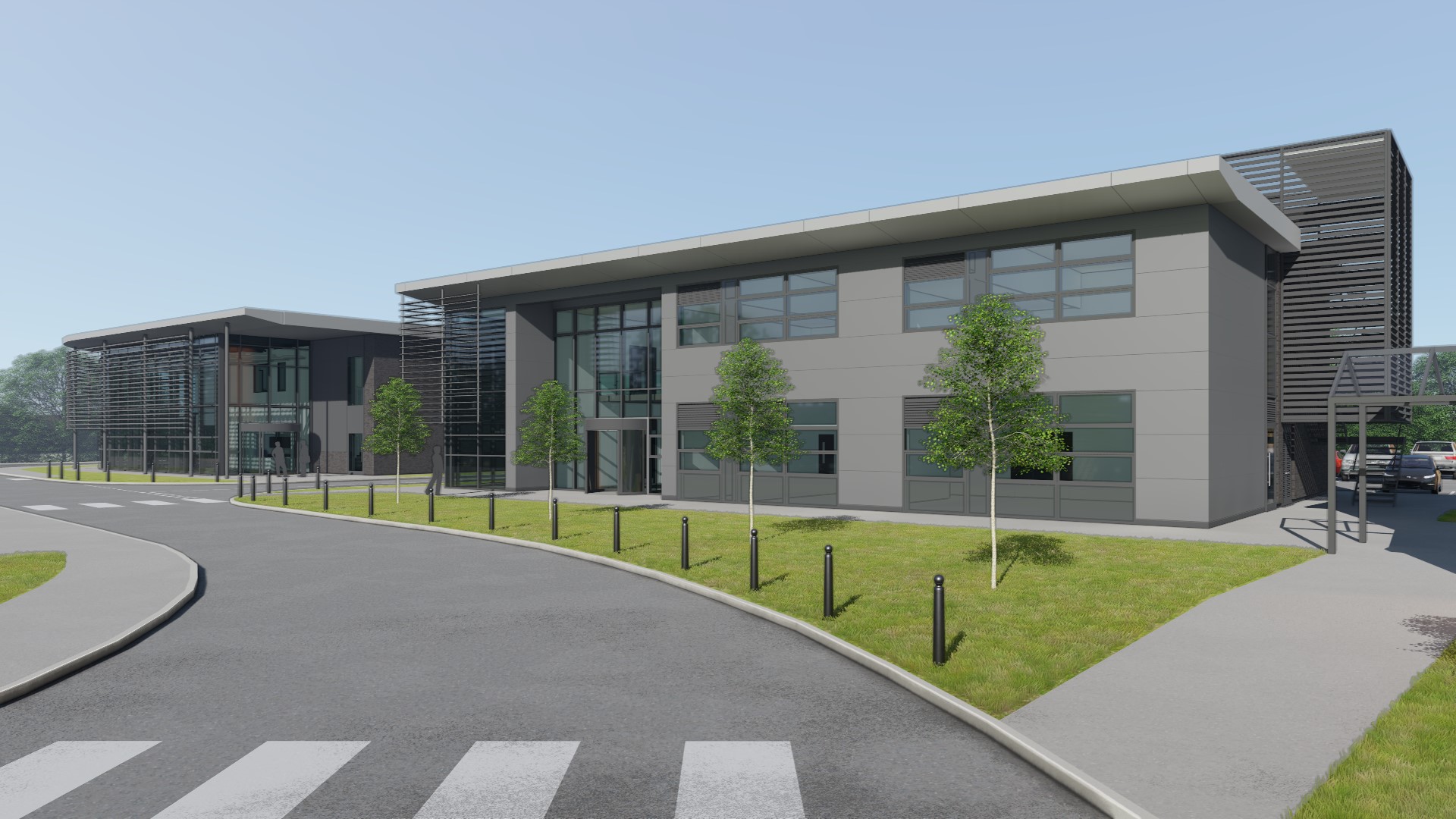Skills and jobs are on the agenda thanks to accelerated funding at Boston College. With the news that the Towns Fund announced officially by Chancellor Rishi Sunak meaning Boston is set to receive more than £20 million, the whole of Boston’s logistics and transport sector looks set to see expansion in the coming years.
We spoke to Claire Foster, Principal at Boston College, as well as Head of Projects, Richard Chambers about the potential of the sector as well as what the college will be offering its students.
The recently-completed Digital Transport and Logistics Academy is the key to feeding the sector locally and the courses and resources available here will be second to none.
Already included are plans for a robotics course as well as suites of rooms for digital skills for lifelong learners. However, the equipment and facilities being invested in are already garnering attention from local firms, interested in working with the College.
“As well as being a hub for development of digital skills in general, from helping those who are not digital natives with basic skills and competencies through to cyber security and data analysis, the logistics and transport side of the new DTLA is truly exciting.
We’ve already started to see some of the technology that we think will shape the future of learning arrive. For example, we have HoloLens 2 mixed reality headsets that offer an immersive experience to students and support preparation for Industry 4.0 and the next generation of logistics and transport. Technology is already embedded within the transport sector and we are well positioned to support the industry and its workforce and develop mixed reality within the transport sector.
We are also making inroads into providing the skills for the transport engineers of the future. HGV and light vehicle technicians are in demand and to support this we have invested in training rigs for key Heavy Goods Vehicle components that will broaden the learning experience for technicians. We have also equipped the centre with electric and hybrid training rigs that will allow us to upskill current and future technicians in this very important and very relevant transport technology. Companies such as Amazon have invested in a fleet of electric vehicles and Mercedes amongst other major manufacturers are developing electric & hybrid technology for heavy goods vehicles.
We will also be offering driver simulator training that use virtual reality headsets that allow students to train on multiple vehicles and specialist machineries such as cranes, forklifts, trucks and much more. This platform will allow drivers the opportunity to train in fuel efficiency, hazard awareness and driver competency. We will work with local companies to build bespoke driver training that will not only benefit their business but also the environment with fuel efficient driver training. A careful, more efficient driver can cost less in fuel consumption, business insurance and much more. The benefits here are really rather easy to see.”
Richard ChambersHead of Projects - Boston College
The College is also set to continue work towards equipping warehouses with the requisite skills through their vocational training and education.
To also meet the skills gap that exists in Lincolnshire and beyond, the College is partnering with businesses to create Future Skills Solutions Boards. These will be employer-led groups that feed directly into the development of training programmes for current staff and ensure a pipeline of future employees into an industry that upskills and innovates constantly.
“The facilities and opportunities here at Boston College are incredibly exciting, we’re certain that the investment here will have a direct link to the future economic development of the area. If we are directly feeding the regional economy with the skills and knowledge that they require, then there is huge potential for success.”
Claire FosterCEO - Boston College


